Navigating the Transition: Windows 10 Keys and Windows 11
Related Articles: Navigating the Transition: Windows 10 Keys and Windows 11
Introduction
With enthusiasm, let’s navigate through the intriguing topic related to Navigating the Transition: Windows 10 Keys and Windows 11. Let’s weave interesting information and offer fresh perspectives to the readers.
Table of Content
Navigating the Transition: Windows 10 Keys and Windows 11

The transition from Windows 10 to Windows 11 has been a significant event in the world of personal computing. While the upgrade offers a host of new features and aesthetic improvements, it also raises questions about the compatibility of existing Windows 10 product keys. This article aims to provide a comprehensive understanding of how Windows 10 keys function within the Windows 11 ecosystem, addressing common concerns and offering insights into the process.
Understanding Windows Product Keys
A Windows product key is a unique alphanumeric code that serves as a digital license for a particular version of Windows. It authenticates the operating system, enabling users to access its full functionality. The key is typically associated with a specific device and can be used to activate Windows on that device.
Windows 10 Keys and Windows 11 Compatibility
The good news is that most Windows 10 product keys are compatible with Windows 11. This means that users with legitimate Windows 10 keys can typically upgrade to Windows 11 without purchasing a new license. However, there are some nuances to consider:
- Version Compatibility: While most Windows 10 keys will work, they must be associated with a version of Windows 10 that meets the minimum requirements for Windows 11. This means that users with older versions of Windows 10 might need to upgrade their existing installation before attempting to upgrade to Windows 11.
- Hardware Requirements: Windows 11 has specific hardware requirements that need to be met for the upgrade to be successful. If a device does not meet these requirements, even with a valid Windows 10 key, upgrading to Windows 11 might not be possible.
- Digital Licenses: Users who have activated Windows 10 through a digital license linked to their Microsoft account will generally have a smoother upgrade experience. These licenses are automatically linked to the device and can be used to activate Windows 11 without needing to enter a product key.
Benefits of Using a Windows 10 Key for Windows 11
Using a valid Windows 10 key for Windows 11 offers several advantages:
- Cost Savings: Upgrading with an existing key eliminates the need to purchase a new Windows 11 license, saving users significant costs.
- Seamless Transition: The upgrade process is generally smooth and straightforward for users with compatible Windows 10 keys.
- Preserving Existing Data: The upgrade process usually preserves user data, settings, and applications, ensuring a familiar and consistent experience.
Potential Challenges and Solutions
While the upgrade process is generally straightforward, some users might encounter challenges:
- Hardware Compatibility Issues: If a device does not meet the minimum hardware requirements for Windows 11, the upgrade might fail. In such cases, users may need to upgrade their hardware or consider alternative solutions.
- Activation Errors: Occasionally, activation errors might occur during the upgrade process. These errors can usually be resolved by troubleshooting steps, such as verifying internet connectivity, restarting the device, or contacting Microsoft support.
FAQs
Q: Can I upgrade from Windows 10 Home to Windows 11 Pro using my existing key?
A: No, the edition of Windows 11 you can upgrade to is determined by your existing Windows 10 edition. A Windows 10 Home key will allow you to upgrade to Windows 11 Home, while a Windows 10 Pro key will allow you to upgrade to Windows 11 Pro.
Q: What happens to my Windows 10 key after upgrading to Windows 11?
A: Your Windows 10 key is still valid and remains associated with your device after upgrading to Windows 11. It will be used to activate Windows 11 and can be used to re-activate the operating system in case of a reinstall.
Q: If I upgraded to Windows 11 using my Windows 10 key, can I use the same key to install Windows 11 on a different device?
A: No, Windows product keys are typically tied to a specific device. Using the same key on a different device is considered a violation of Microsoft’s licensing terms and could result in activation issues.
Q: What if I don’t have a valid Windows 10 key?
A: If you don’t have a valid Windows 10 key, you will need to purchase a new Windows 11 license to activate the operating system.
Tips for a Smooth Upgrade
- Check Hardware Compatibility: Ensure that your device meets the minimum hardware requirements for Windows 11 before attempting the upgrade.
- Back Up Your Data: Before starting the upgrade, back up your important data to avoid potential data loss during the process.
- Download Latest Updates: Install the latest updates for Windows 10 to ensure a smoother upgrade experience.
- Check for Errors: Monitor the upgrade process for any errors or warnings. If you encounter any issues, try troubleshooting steps or contact Microsoft support.
Conclusion
The transition from Windows 10 to Windows 11 offers a compelling opportunity to experience a modern and refined operating system. For most users with valid Windows 10 keys, the upgrade process is straightforward and cost-effective. Understanding the nuances of product key compatibility, hardware requirements, and potential challenges can help users navigate the transition smoothly and unlock the full potential of Windows 11.
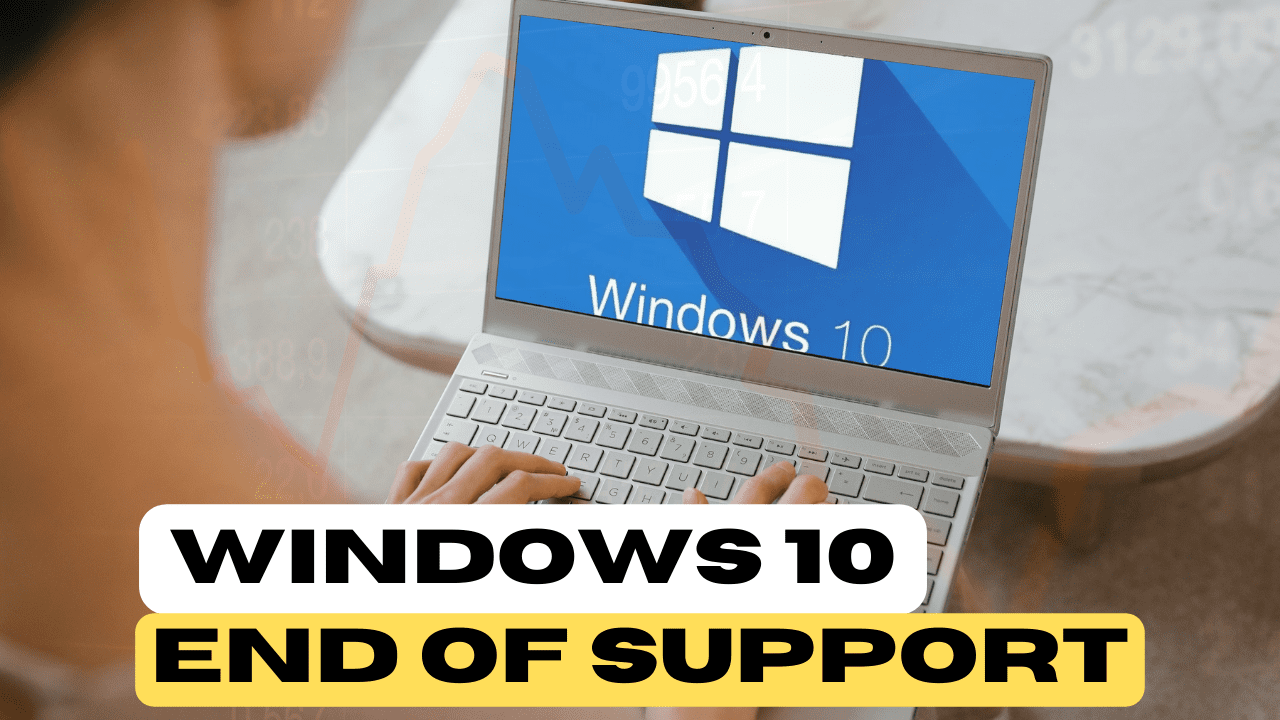

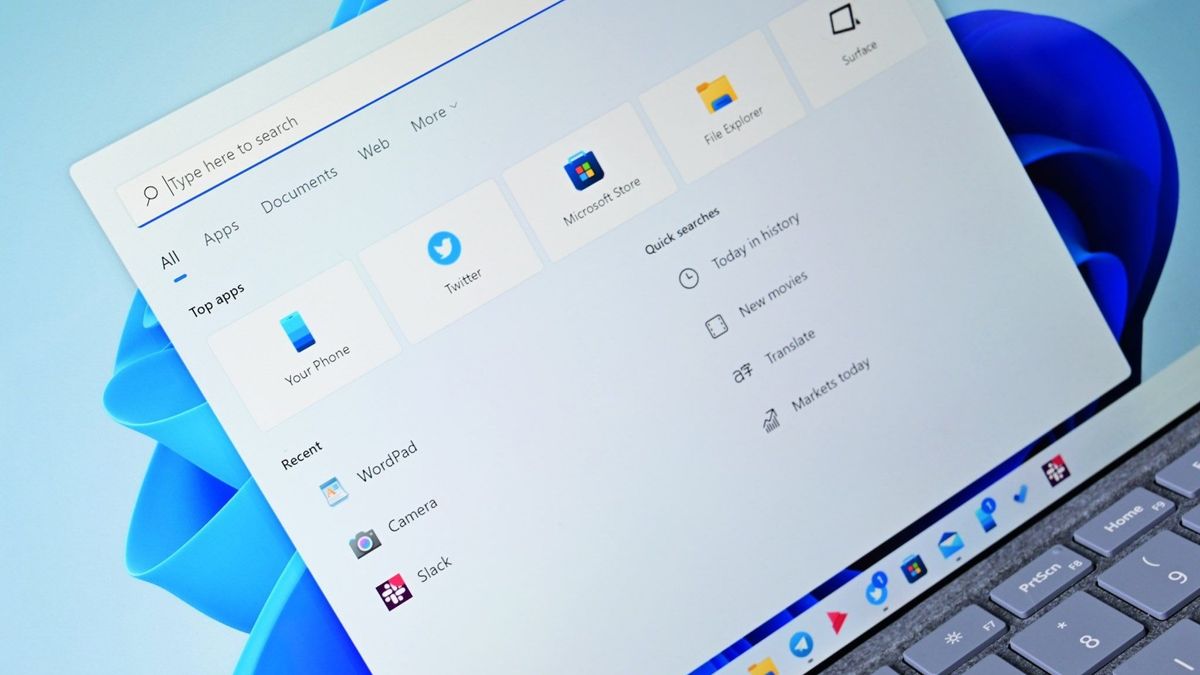

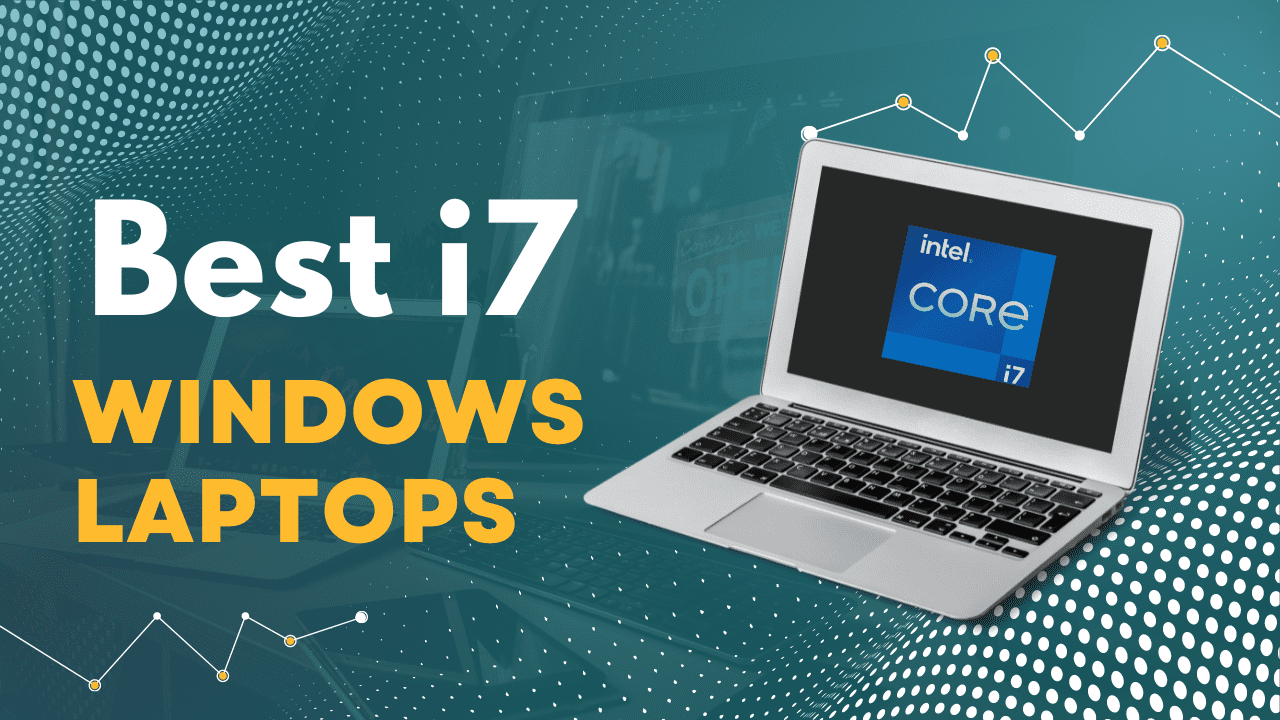
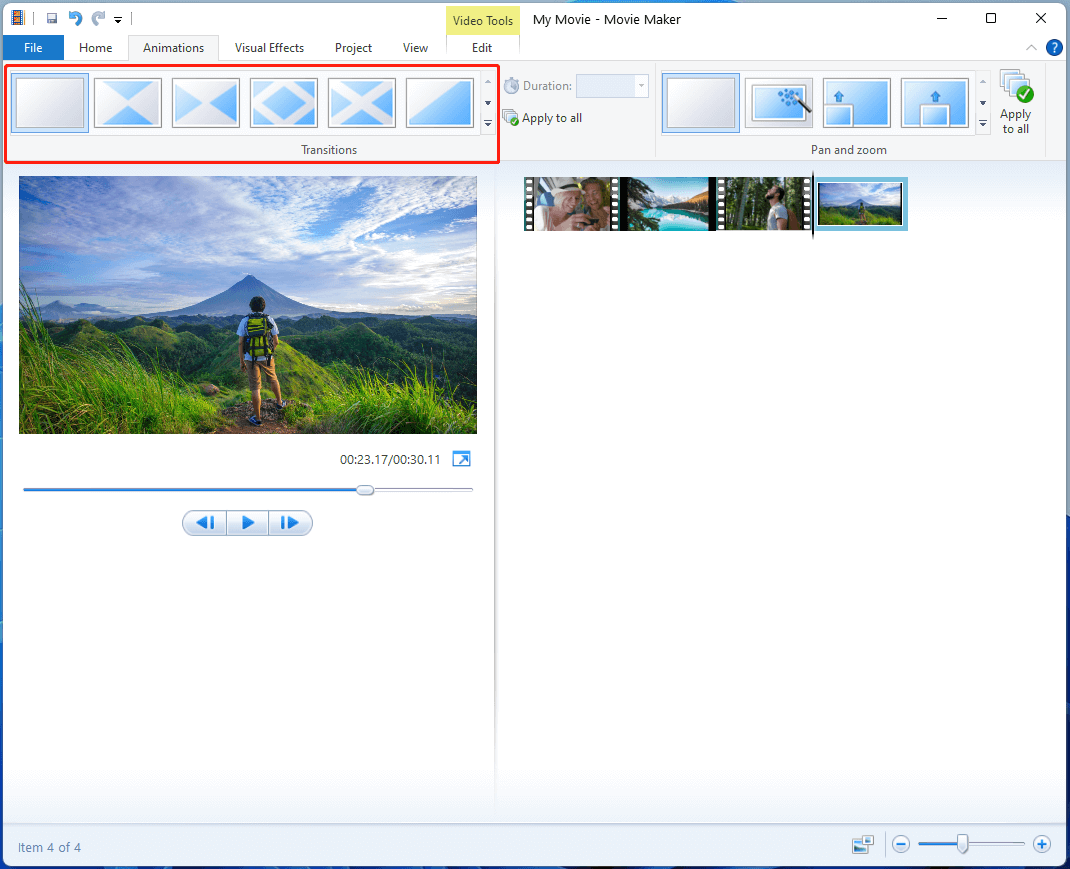

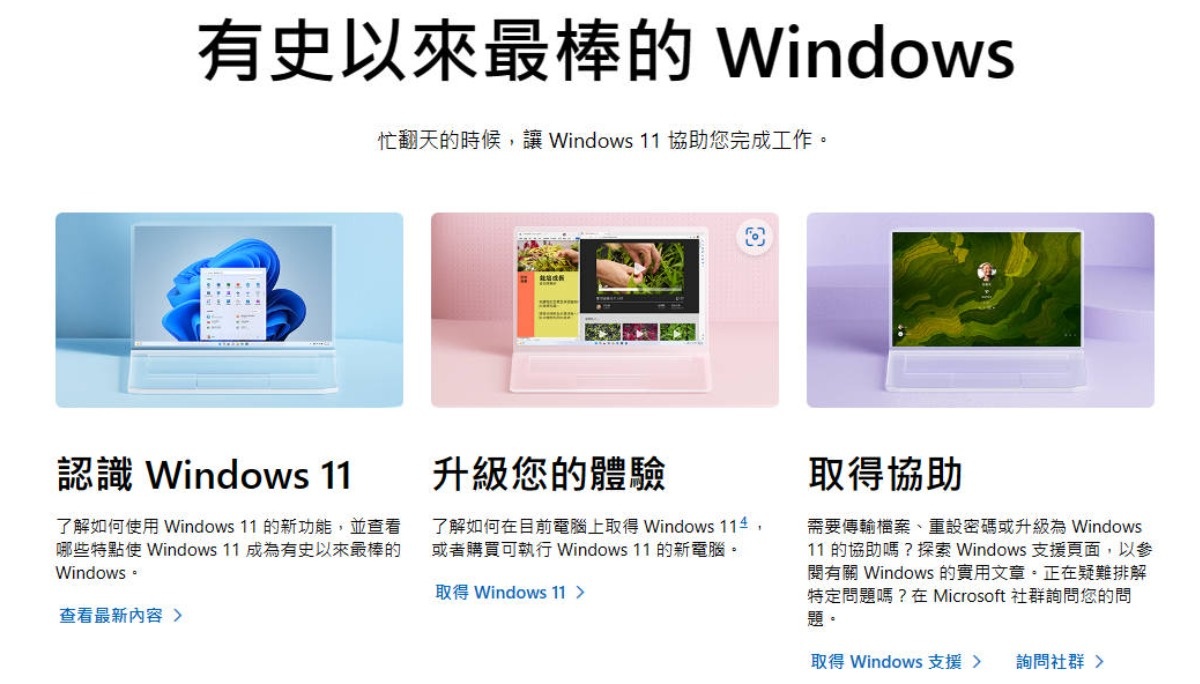
Closure
Thus, we hope this article has provided valuable insights into Navigating the Transition: Windows 10 Keys and Windows 11. We appreciate your attention to our article. See you in our next article!